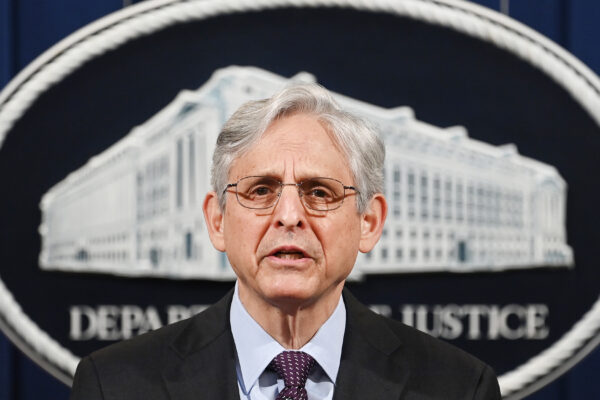
United States and Australia are tightening their crime fighting alliance, with a new landmark agreement that could see law enforcement agencies in both countries have easier access to the communications data of each other’s residents.
It comes under the Clarifying Lawful Overseas Use of Data (CLOUD) Act passed in 2018 requiring all U.S.-based cloud service providers to produce data, under subpoena, to any U.S. law enforcement agency regardless of where in the world that data is stored.
new pact would add to this, allowing both nations’ police access to any communications data from the other country for a serious crime, such as child sexual abuse, terrorism, ransomware attacks, and cyberattacks on critical infrastructure.
U.S.-Australia agreement, which must still pass parliamentary and congressional review in both countries, promises to streamline significantly the speed of criminal investigations, something which previously required a Mutual Legal Assistance Treaty—a process that could take up to two years.
Now, with a court’s permission, police from either country could directly request the information from companies holding the communications data, including from messaging platforms such as Facebook.
U.S. Attorney General Merrick B. Garland noted the framework emphasized maintaining strong protections for the rule of law, privacy, and civil liberties.

“This agreement paves the way for more efficient cross-border transfers of data between the United States and Australia so that our governments can more effectively counter serious crime, including terrorism, while adhering to the privacy and civil liberties values that we both share,” Garland said.
A similar deal had already been struck in 2019 between the U.S. and the United Kingdom.
However, the CLOUD Act-based agreement comes as a surprise to some, with doubts previously being raised by Amazon, Google, and Apple that a controversial anti-encryption law in Australia could be incompatible with the U.S. criterion of ensuring privacy.
Specifically, the Telecommunications and Other Legislation Amendment (Assistance and Access) Act 2018 could theoretically see platforms offering encrypted messaging services forced into implementing backdoors to allow Australian police to access messages. However, this concern was later dismissed by the Department of Home Affairs.
Australian Minister for Home Affairs Karen Andrews is visiting Washington, D.C. to meet with the U.S. senior officials and said the move had marked the next step in the two nations’ cooperative efforts in tackling serious crime.

“By strengthening both nations’ ability to fight crime, and giving our law enforcement agencies more efficient access to evidence, we’re ensuring the safety, security and prosperity of our citizens,” Andrews said.
“As we saw in Operation Ironside—known in the United States as Operation Trojan Shield—the Australian Federal Police (AFP) and the FBI are already capable of smashing serious, organized crime networks using sophisticated digital techniques.”
Operation Ironside was an international sting operation spanning 18 different countries involving a law enforcement consortium of 9,000 officers from the AFP, FBI, and other agencies. Australian police alone netted 224 offenders on 526 charges, seizing over 3.7 tonnes of drugs, 104 firearms and weapons, and around $45 million in cash.
key to the offensive launched against the “industrial-scale” organised crime network involved rolling out an encrypted messaging app to the criminal underworld, with a catch—a backdoor granting law enforcement access to secret communications between syndicates.
Pezou : US, Australia Police to Access Each Other’s Residents’ Messaging Data